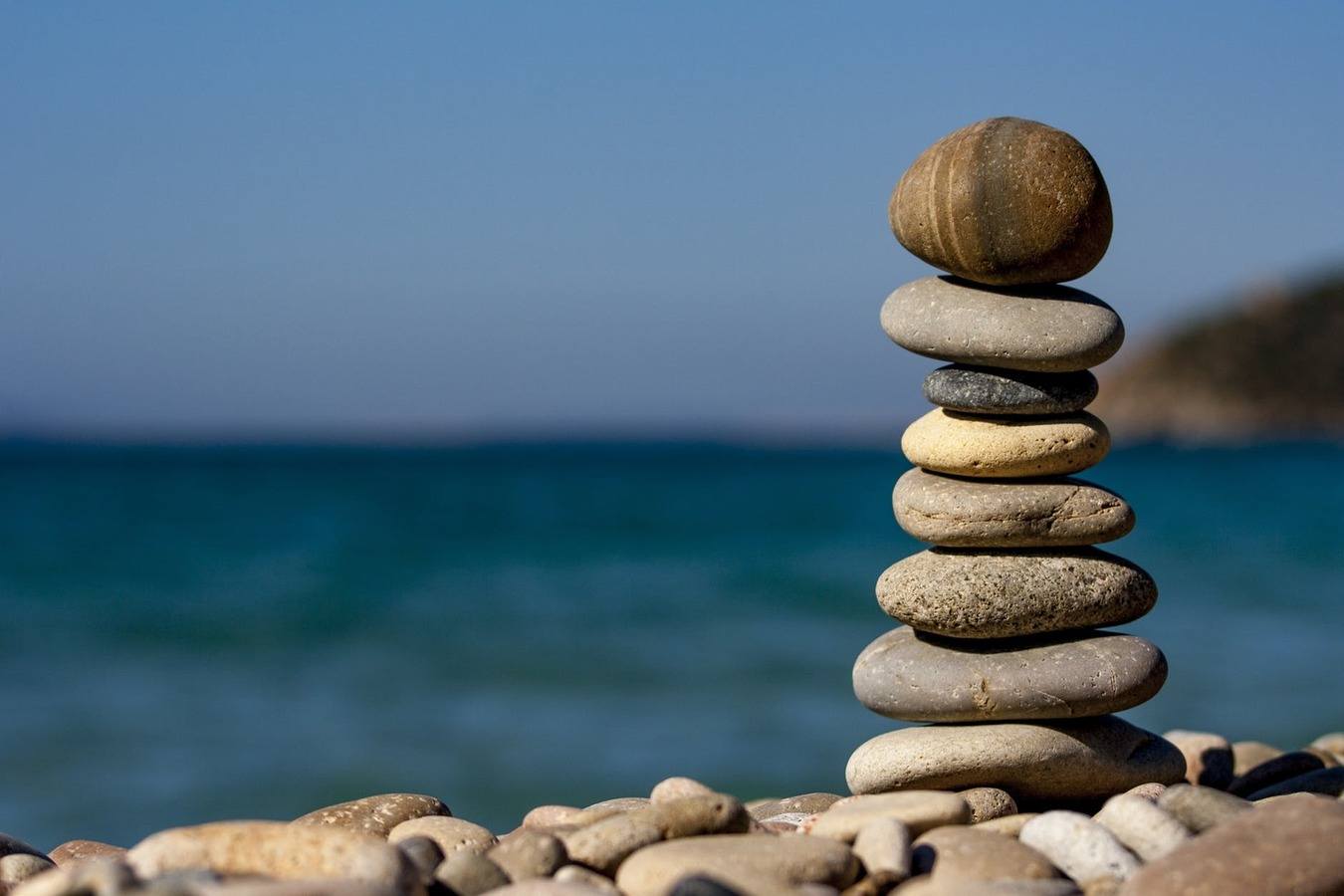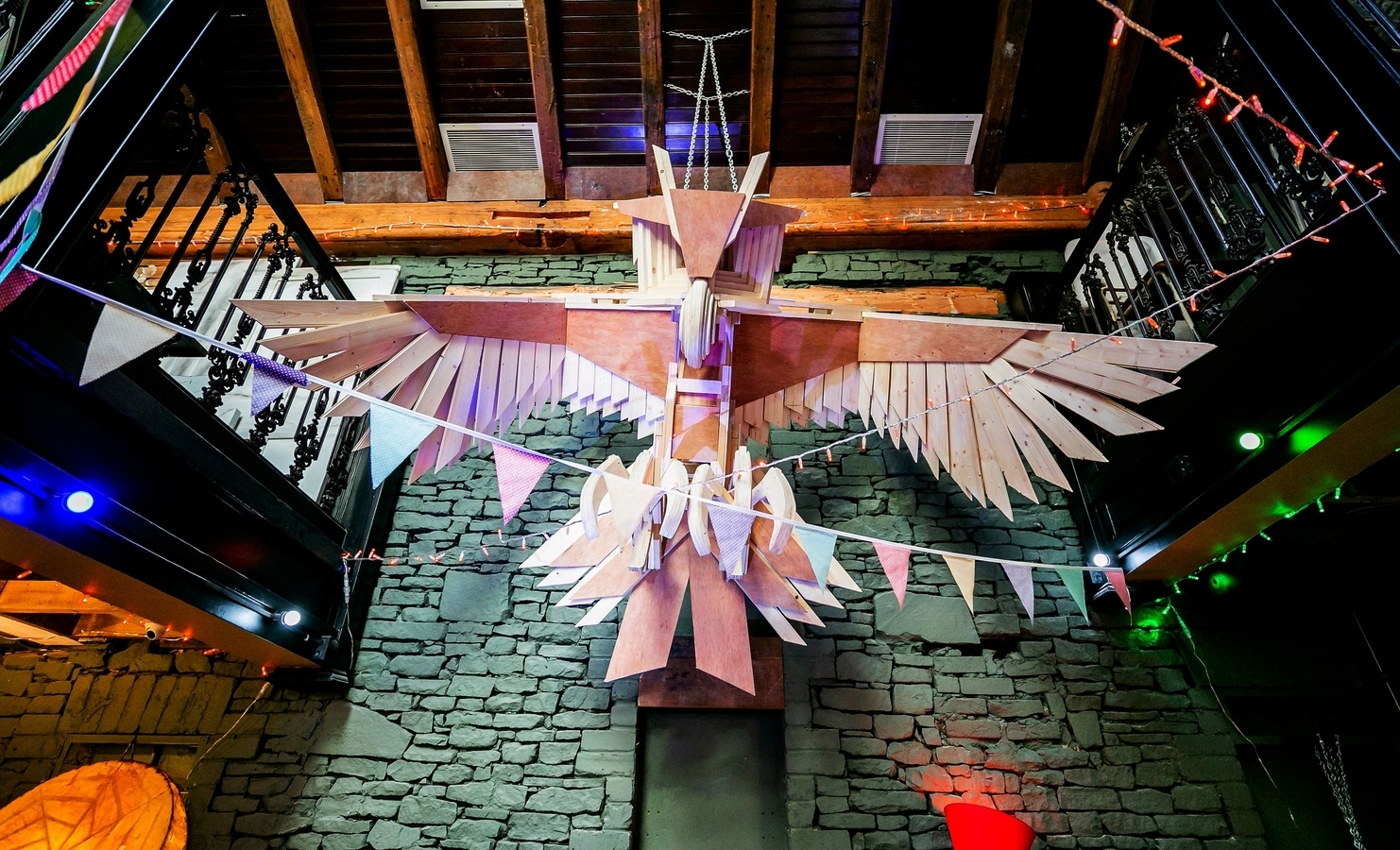I felt as if I was drowning. Slipping under the water, lungs quickly filling up with water. I’d been here before, but this time I could see what was happening, almost like watching from outside of myself. I forced myself back up to the surface. What was going on?
It was early in 2021. I’d been swimming merrily on my way to where I wanted to go. Swimming along quite freely and then, all of a sudden, there had been a shift in the current. I found myself being dragged under and sideways.
What was pulling me? As I struggled to catch my breath, I had just enough awareness to see it: it was the current of someone else’s needs and dreams.
Rather than swimming towards my own destination, I was spending all my spare time and energy listening to their story, their challenges, their hopes and fears. What was interesting to notice was how warm the water was here. How comfortable and easy it was to listen, to be a passive watcher of someone else’s actions as opposed to going my own way.
Part of me liked it, enjoyed being pulled along, passive, by the strength of their ideas and interest in themselves. It felt strangely good to give up, let go, to stop having to swim any more.
As I floated along in the warm current, the ease was lulling me, and my own dreamed-of destination was beginning to drift further away. I began to recognise what was happening. I had to face up to the truth of what scared me: getting back to my own dreams meant letting go of the promise of ease.
Once I’d seen that I was feeling fearful of the challenges, change and uncertainty ahead, and that it was this fear that was causing me to allow myself to get pulled along into someone else’s path, I could no longer not see and not know it. I began to take a really clear look at where I had been, and what that experience could teach me.
This is a gendered experience. Those who identify as women are usually the load-bearers, the ones carrying the emotional burden of hearing and seeing, holding the emotions that come with working hard on an important project. But what of their important projects? Their lives? Their joy?
Women are all too often silenced by the manologuing and air-filling that men do to combat their own anxiety. By male expectation of, and demands for, the time, care, attention and energy of others.
So, how can we make sure that we’re on our own track, swimming in our own direction?
One of the first things we need to do is to tune into our own wisdom and inner voice. The quiet whisper that will speak of what we need and dream of. Tuning into this can be easier when we are getting enough sleep, getting enough nourishing food and movement (whatever that looks like for your body) – as well as when we have enough emotional support. Journalling, drawing, dream-diarying, doodling or any other creativity that suits you also serves that purpose.
It IS possible to care about and support others while also living our own full life. To do this, we have to be firm and boundaried about the time, energy and support that we need for our own hopes and dreams.
I’ve written before about boundaries. When it comes to this situation, when there are external challenges to the direction and energy of our lives, it can serve us to reflect on the relationship between what’s important to us and how we are spending our time.
Some questions we might ask are:
- How do we use our days and evenings? Our spare time?
- How equitably are the daily tasks of our lives divided up? Who could help more? Who could do less?
- What might be done less often?
- Where might we waste less time?
- Where might we take more of what we need? Give less of what is precious?
- What skills and resources do we need to develop or use in order to address these questions?
We can also make a habit of regular check-ins about how we communicate about and manage our own boundaries, with ourselves and others. What helps us feel safe, comfortable, accepted, supported? What needs to be changed, fine-tuned, escalated or shifted down a gear? Communication frameworks inspired by non-violent communication such as: When x I feel y, Can we…, What I need is… can be helpful. You might role-play or practise these types of conversation with a safe, trusted person or coach.
A factor that might be getting in the way of healthy and productive communications might be around listening in our relationships. If we’re not feeling heard, or when we’re not feeling safe enough to speak truly and fully, then our truth gets hidden away. What would you need, to feel safe enough to speak your truth?
What happens when we too often say yes to others when we don’t want to? And no to ourselves when we don’t want to? We teach ourselves to not trust ourselves! We teach others to push and push. There will always be people who are happy to consume you to feed themselves. The sooner we are able to identify them, the sooner we are free to be ourselves. Repeatedly saying yes to others unwillingly, or no to ourselves, not only damages our relationships with others, which become untruthful and forced, but, worse, weakens our relationship with ourselves. It chips away at the very foundation of self.
The effect is circular. What are the consequences for those whose dreams wither and die, who are not given the care, attention, support and space they need to achieve their own dreams, or even to try? They can be depression, anxiety and sadness, loss of hope and an absence of joy. Who wants to be around someone who is not living the life they hoped for? And are they really who we want in our lives?
In many relationships, this situation manifests as resentment, passive aggressive behaviour, and avoidance. Three of the ‘horsemen of the apocalypse’. These types of behaviour are so common as to be almost markers of long-term monogamous relationships. It doesn’t need to be this way.
We all need support and care. We all deserve it. It should never come at too high a cost for another. Many of us would be served better by taking a look at who can help us, what untapped resources there are in our own lives. Many of us need to be honest about the resources we abuse and misuse: the unpaid and unacknowledged emotional and practical labour of others, usually women and people of colour or others in marginalised communities. The individual issues are almost always reflective of a systemic one.
Who does society tell us deserves to live their dreams and get their hopes realised? Who are we told gets to receive the support they need, and who are we told should provide it?
For me personally, having seen what was happening, I took some time to write, reflect, and share how I was feeling with a few trusted people. Then, I made some changes. I took a step back from spending so much time with a few people and I began to take practical steps to face my fears. Because it was fear that sat under that action of allowing myself to be swept along. I saw it, named it, and faced it squarely. I wondered what would happen if I let it continue to dictate what I did. I acknowledged my need to rest and ask for support on my own journey, I acknowledged that caring for and supporting others is important to me and that I can still do this in a boundaried way. The feeling of being back on my own journey, while being able to hold space for others, – the feeling of holding that complexity – feels good. Less familiar, less easy, but good all the same.
Are you the dreamer being supported at an unseen cost by those around you? Or maybe you’re the one losing hope and shutting down? Either way, I can support you. Coaching can help you see yourself and your own desires and dreams more clearly. Get in touch: anita.cassidy@alethya.com




















